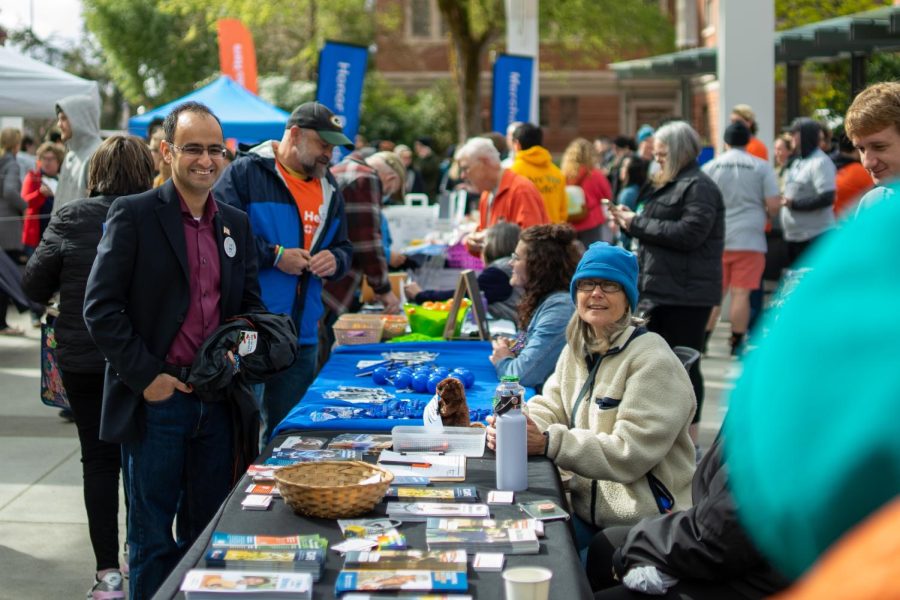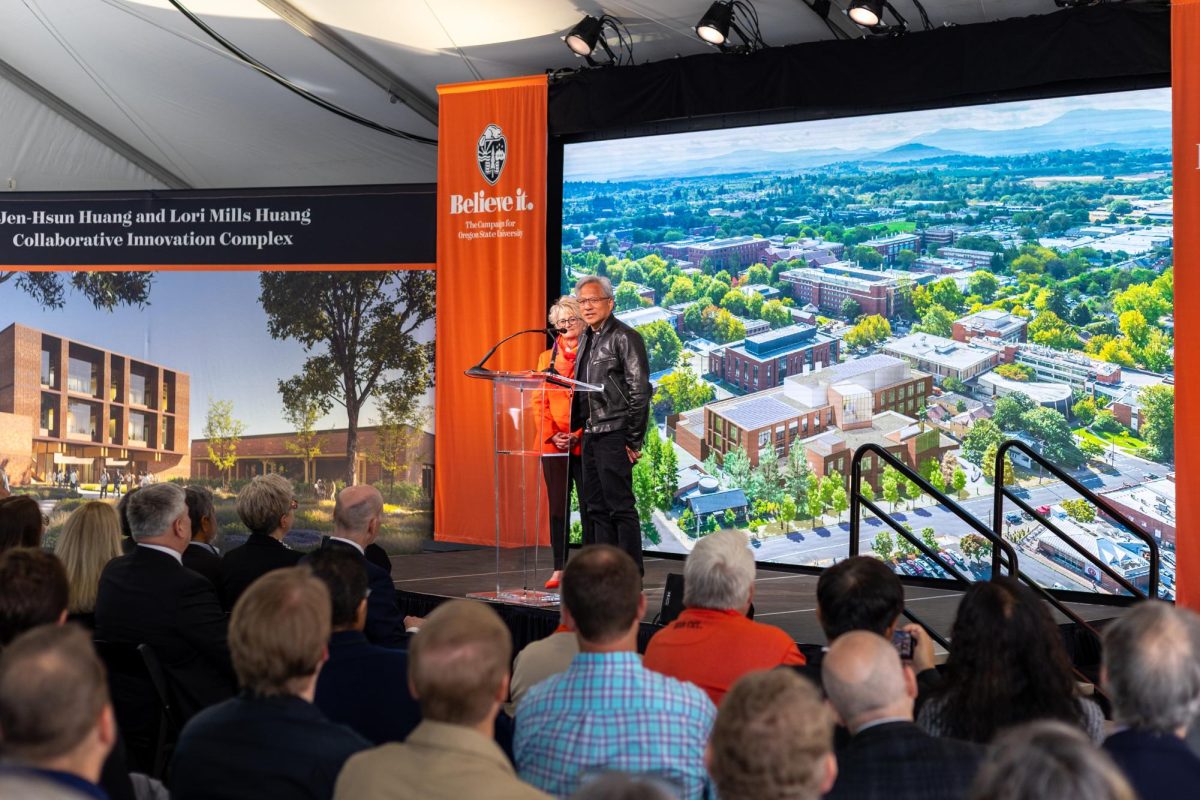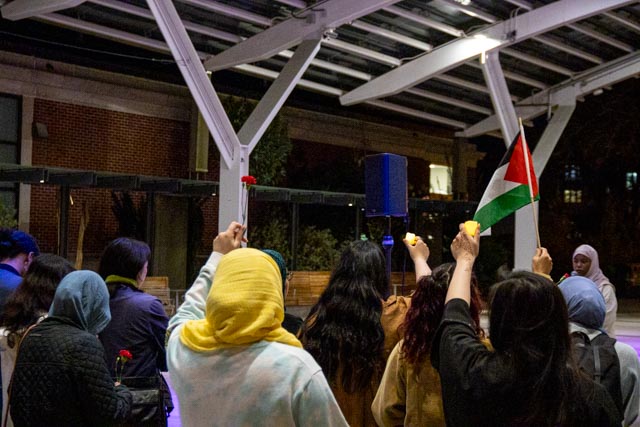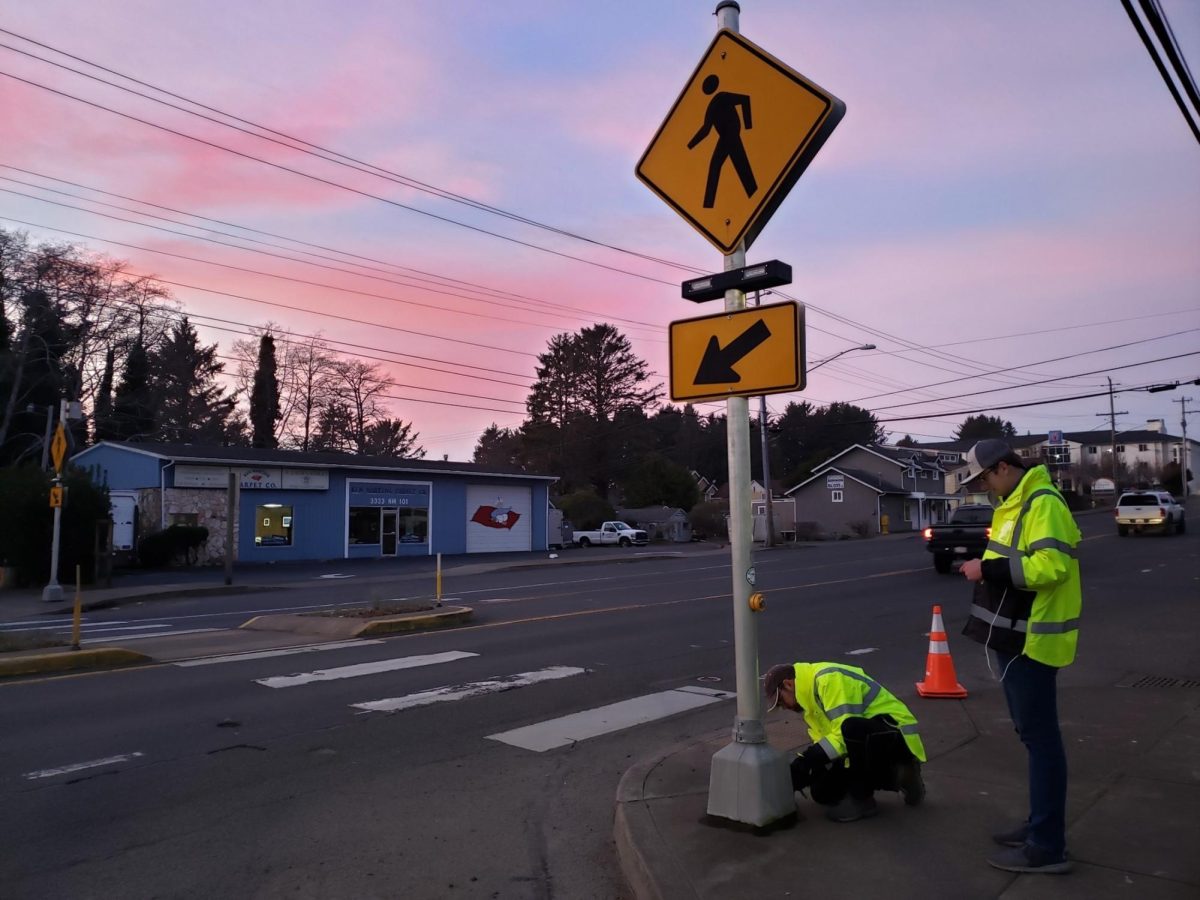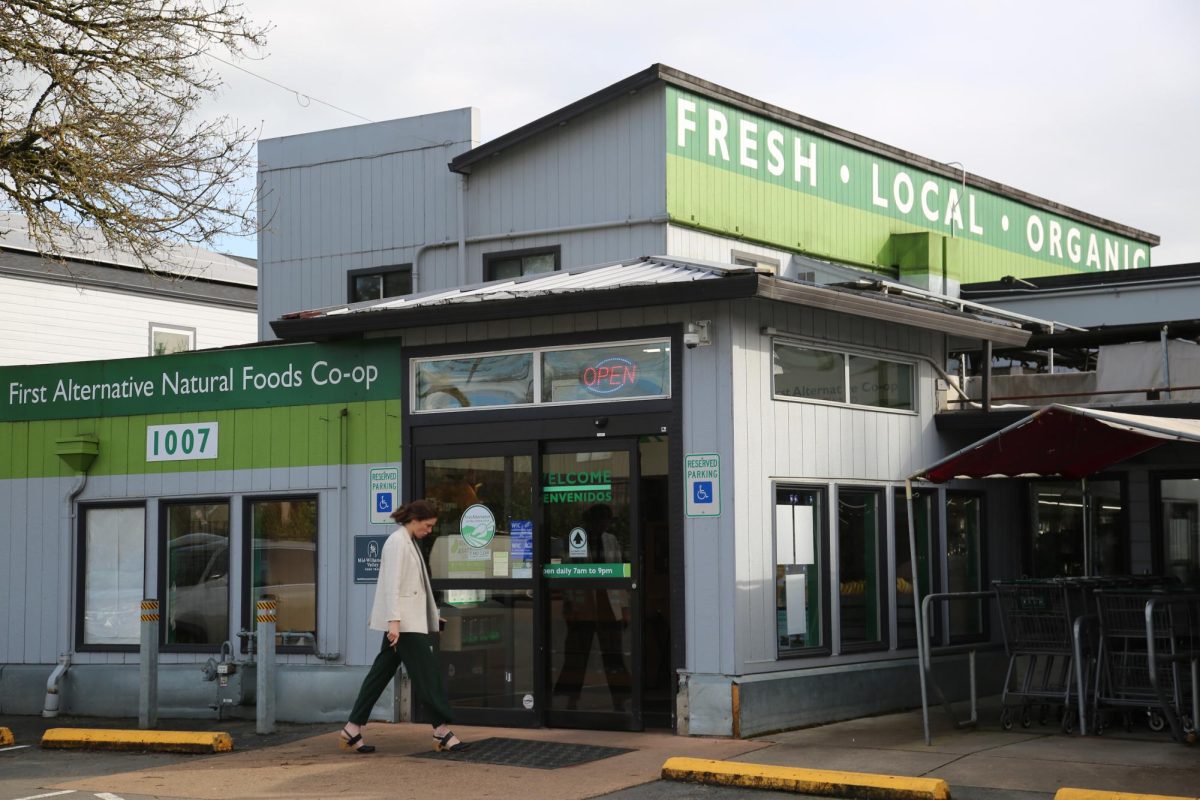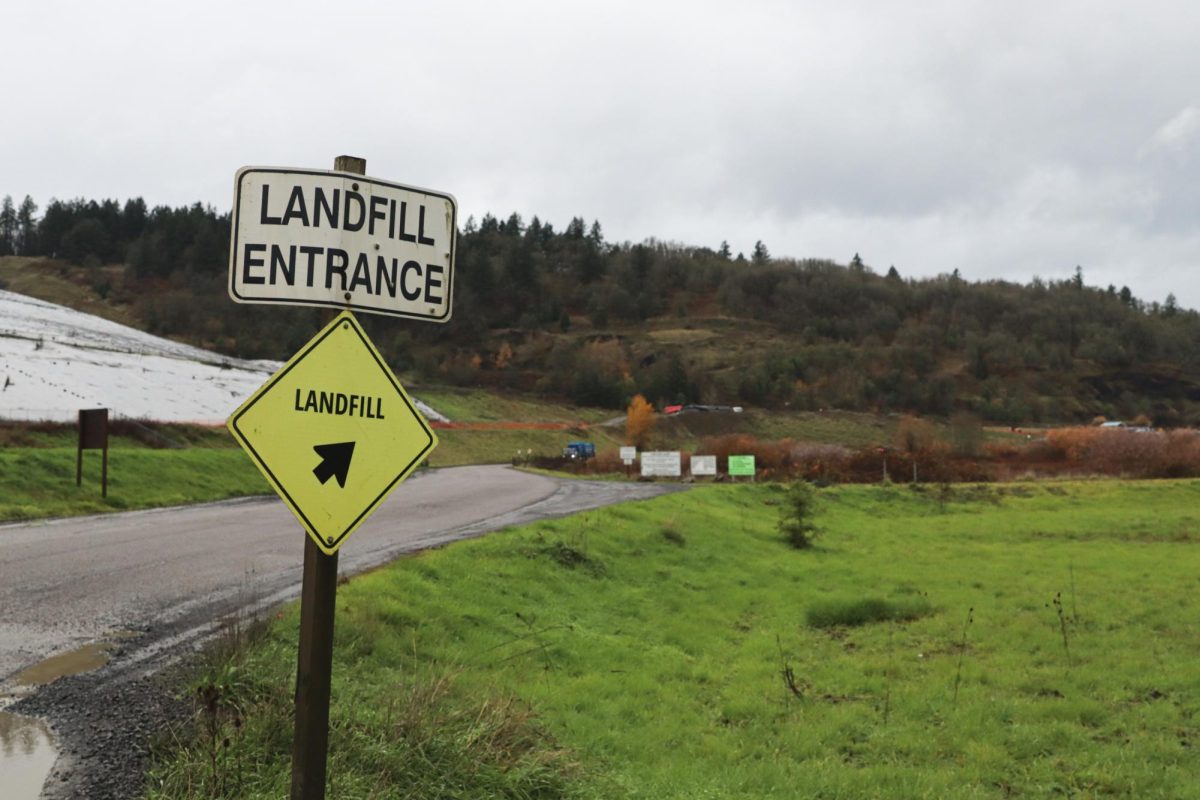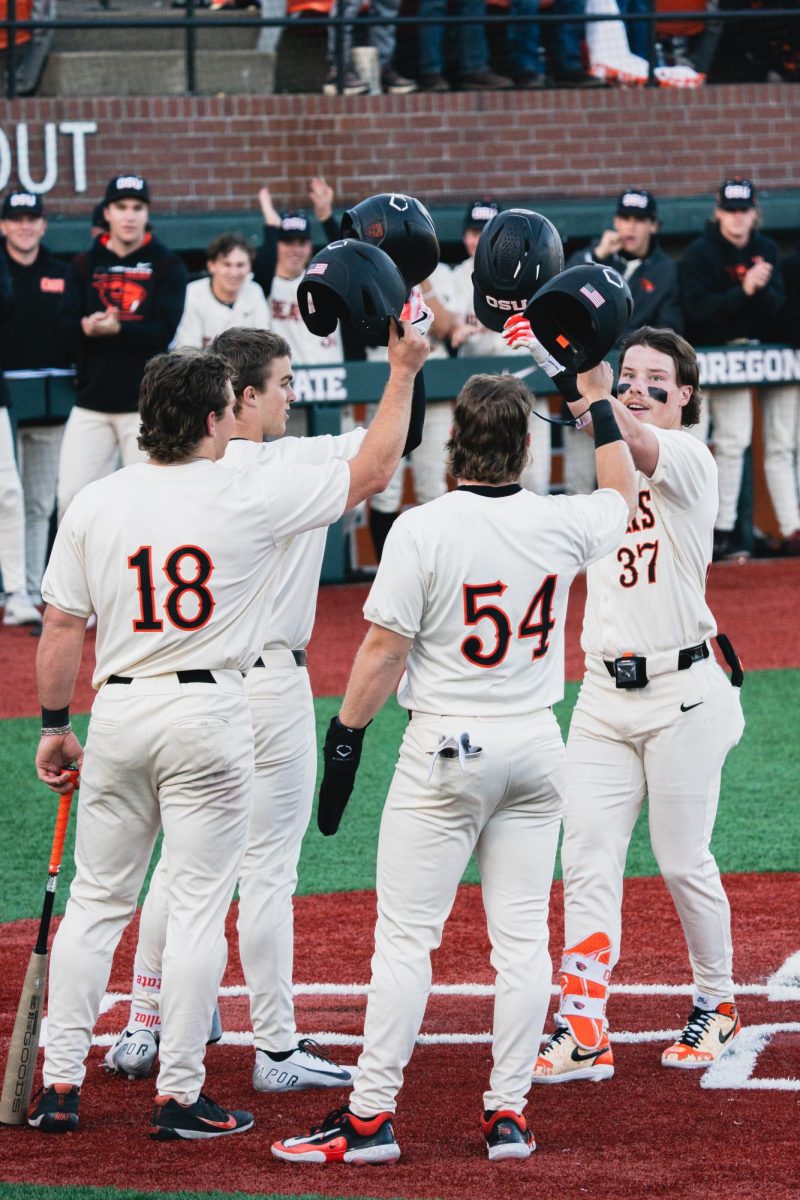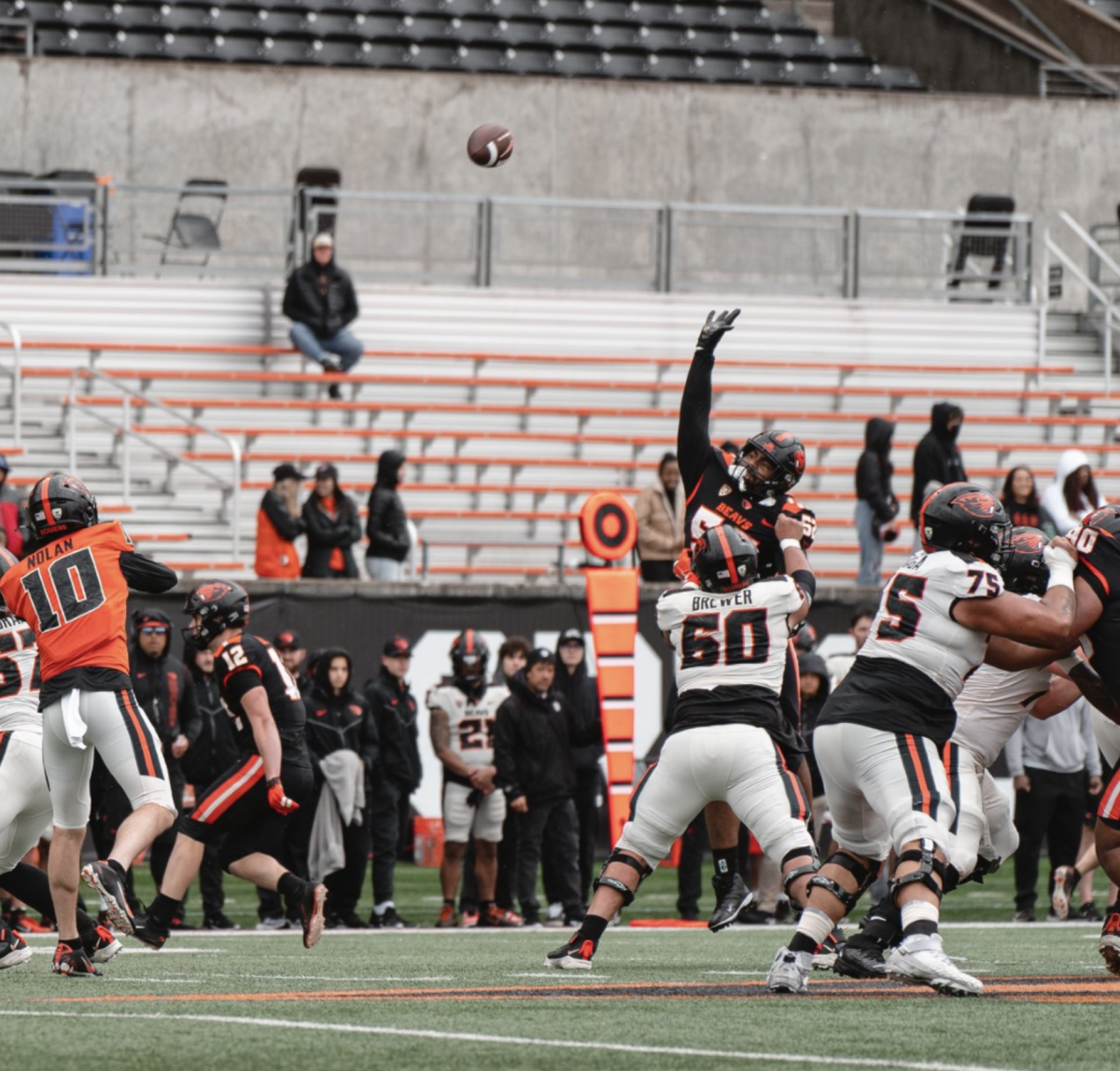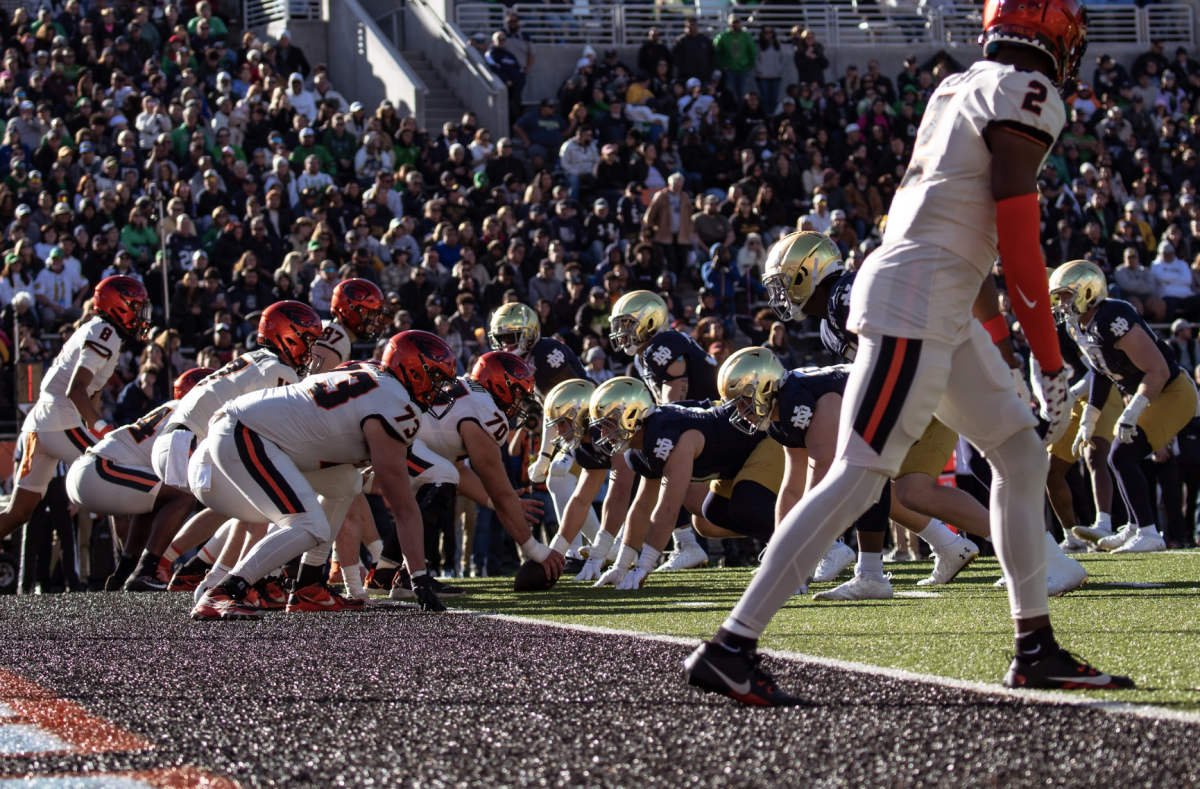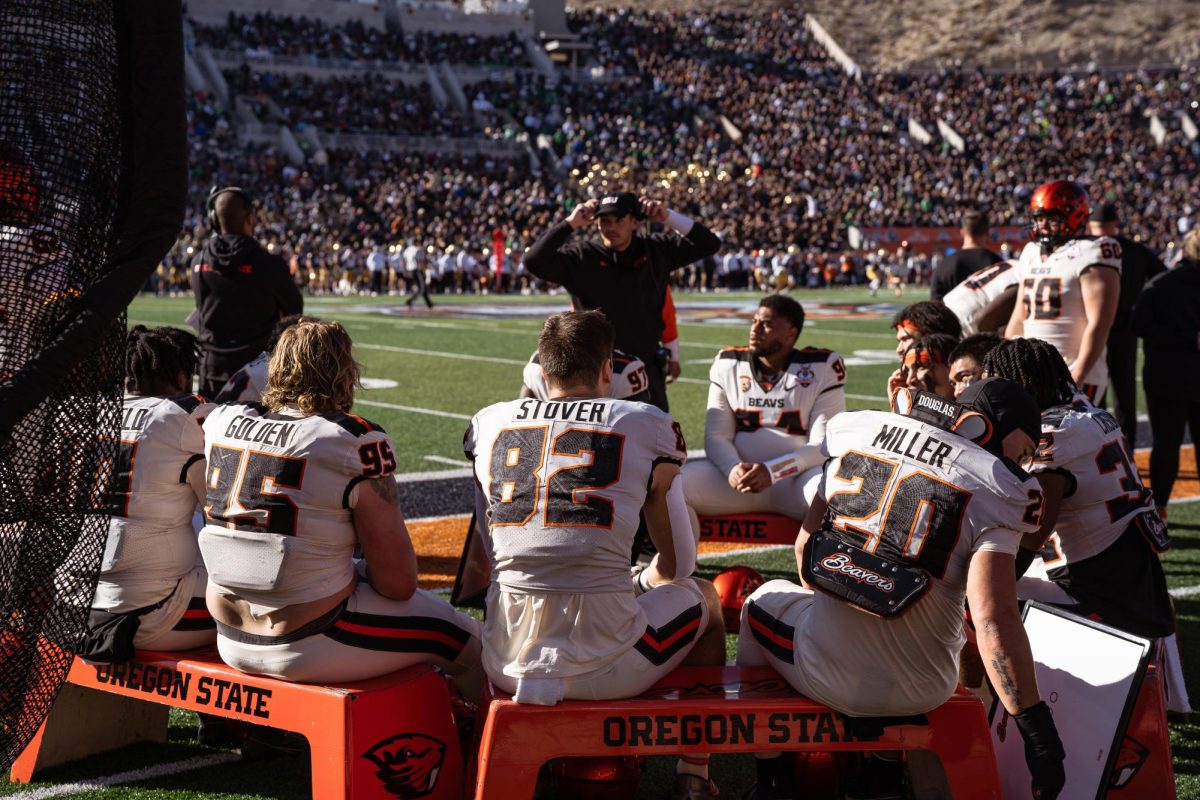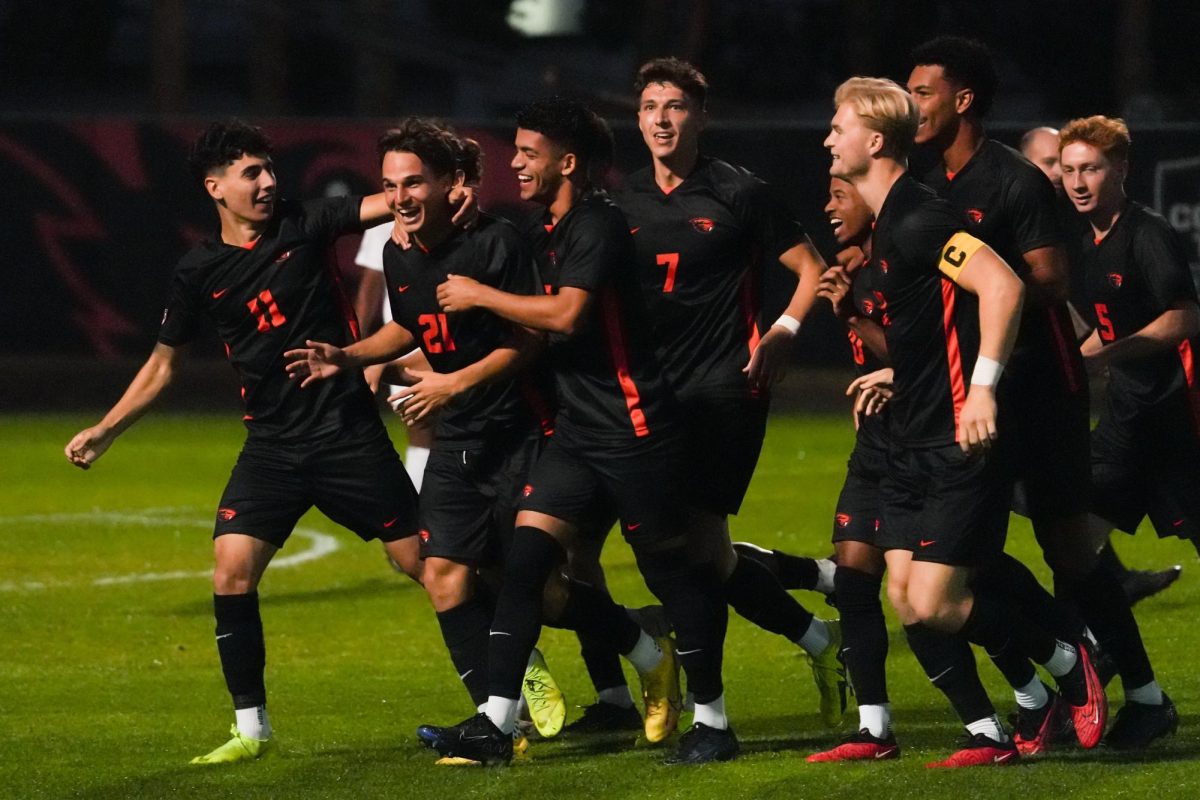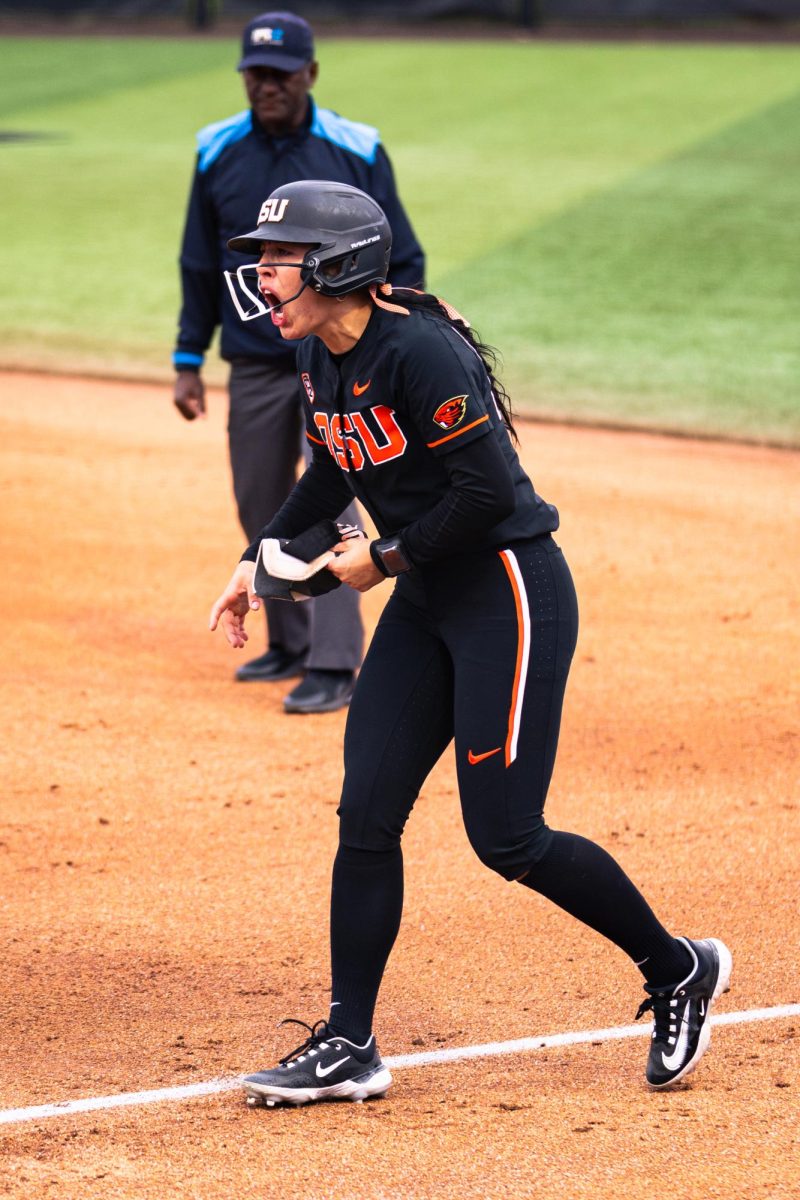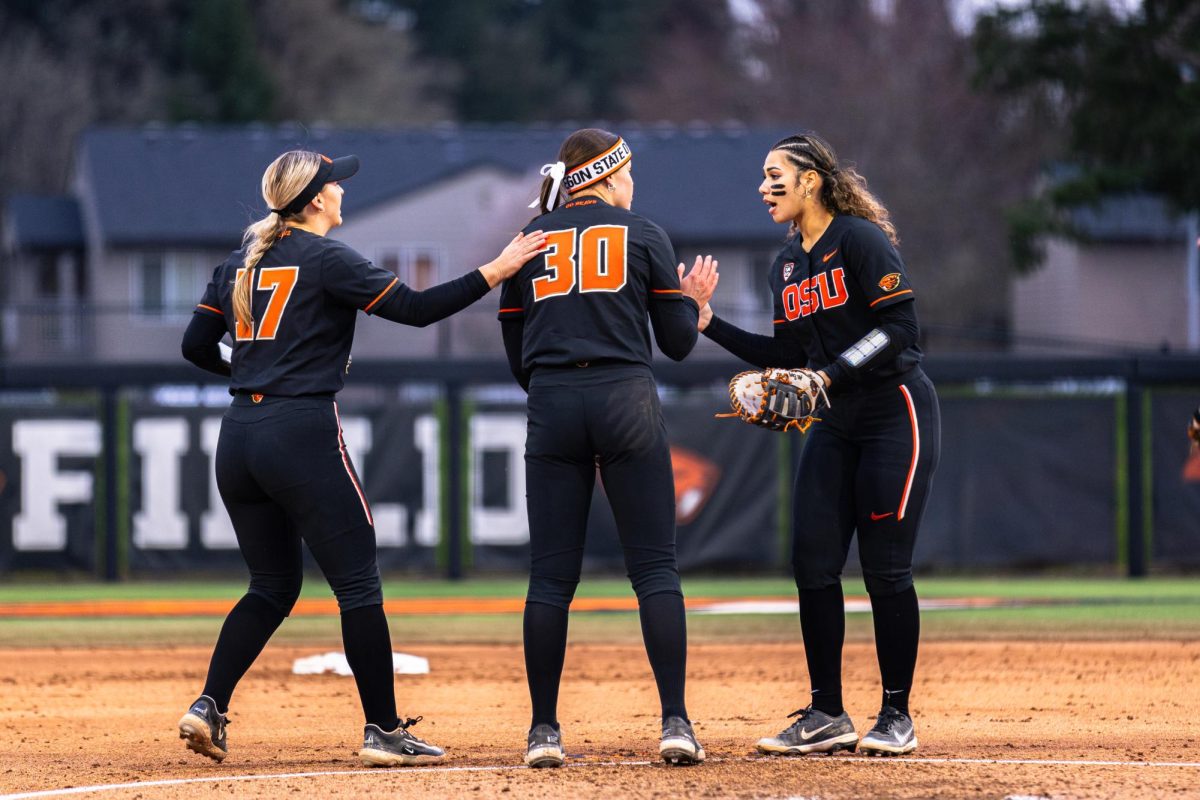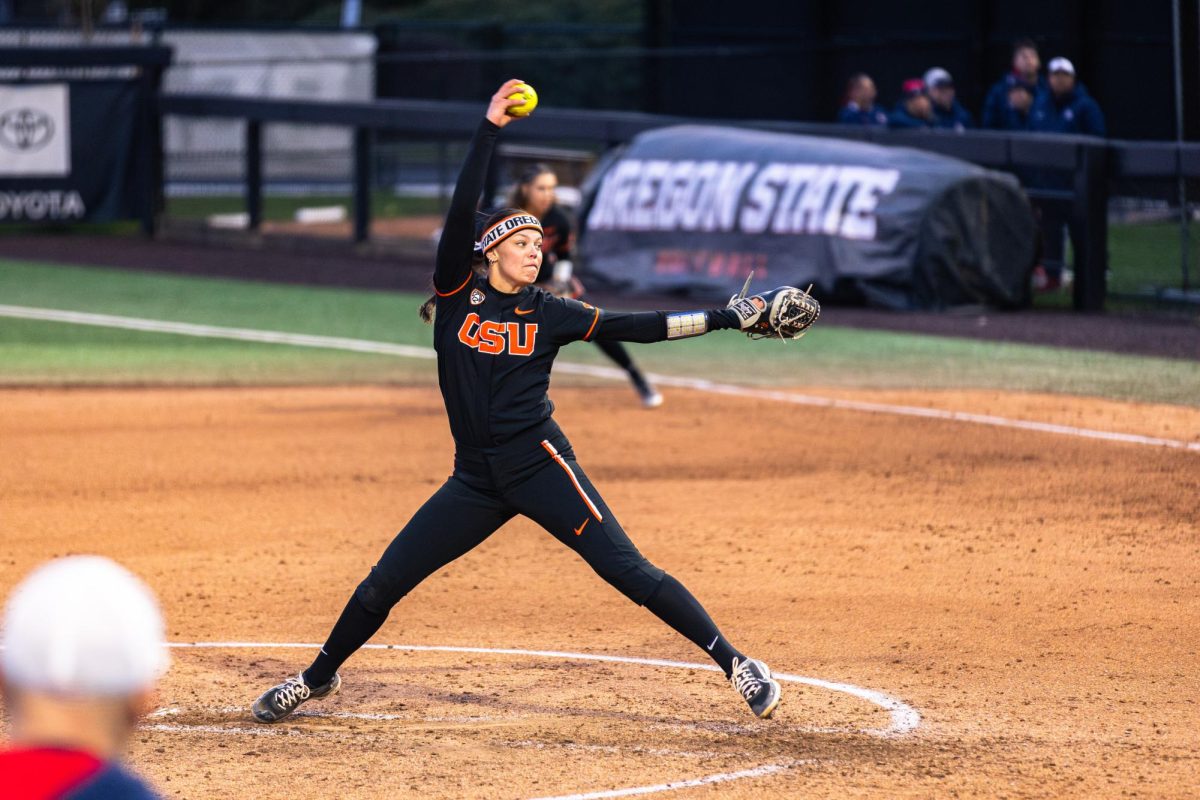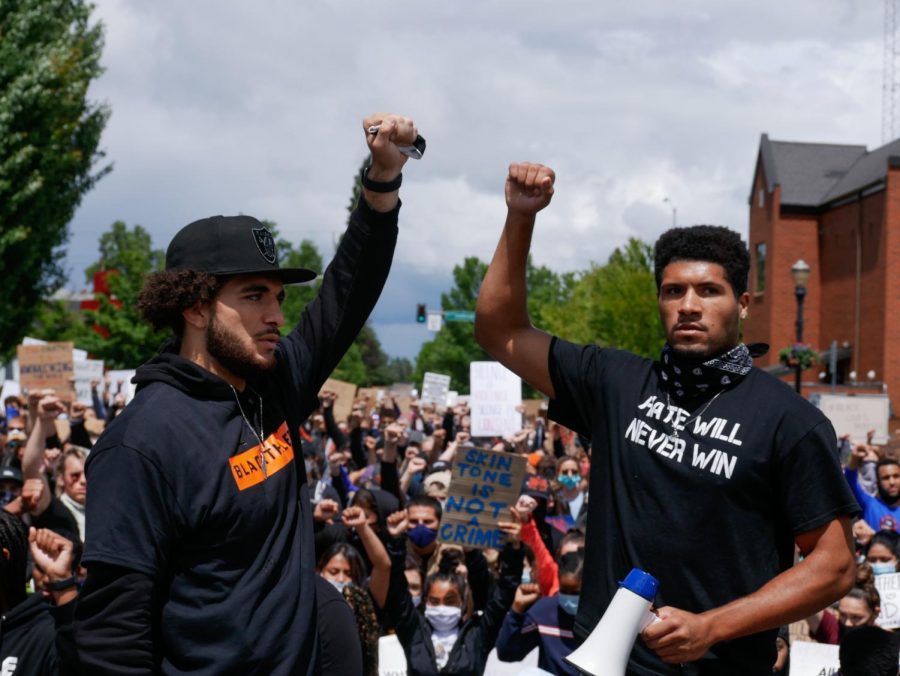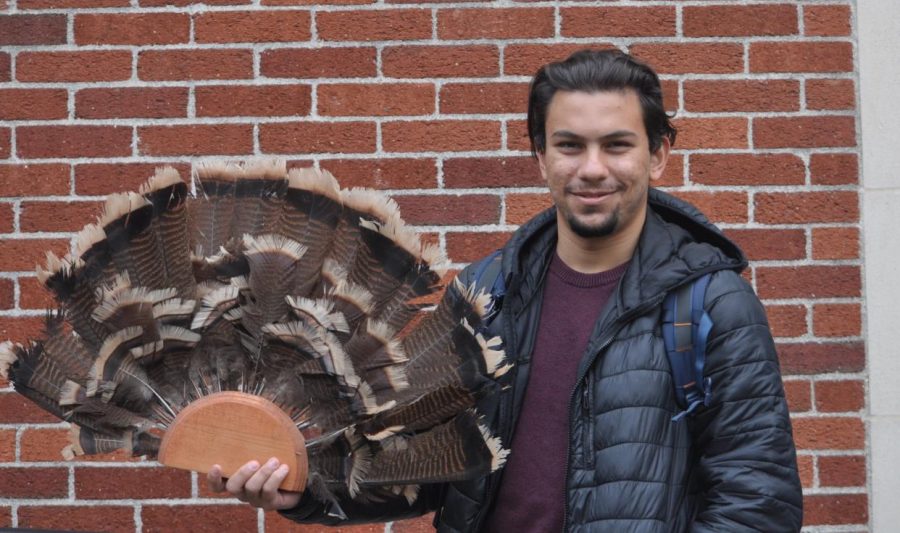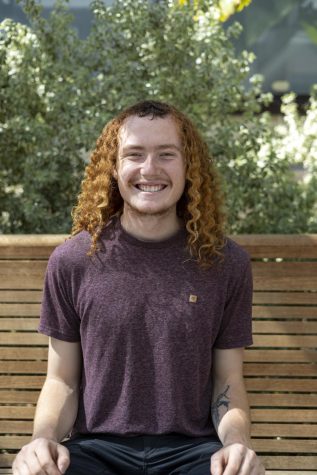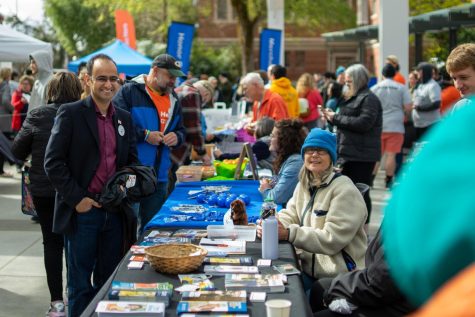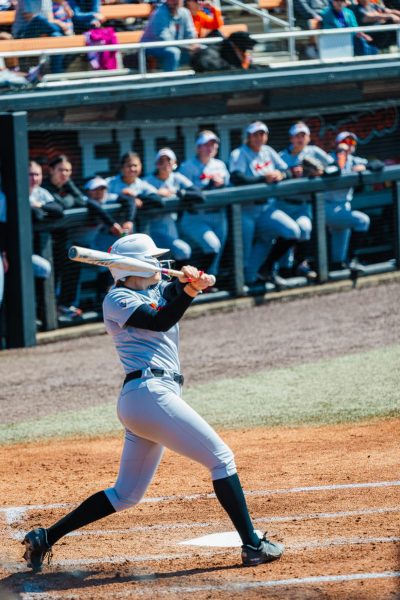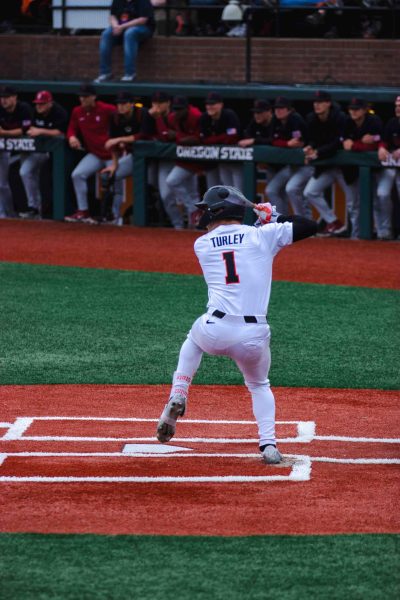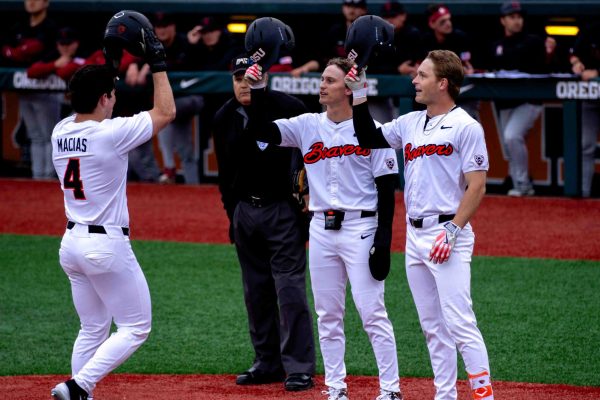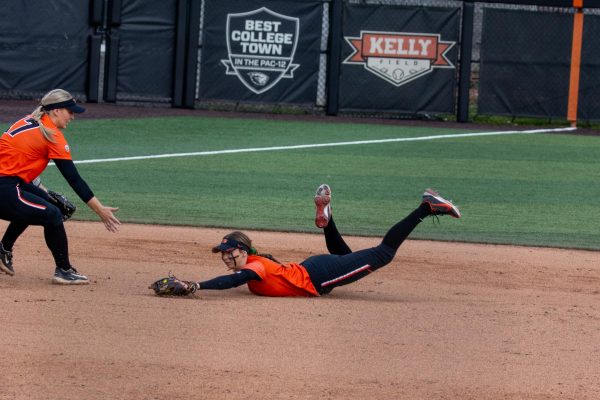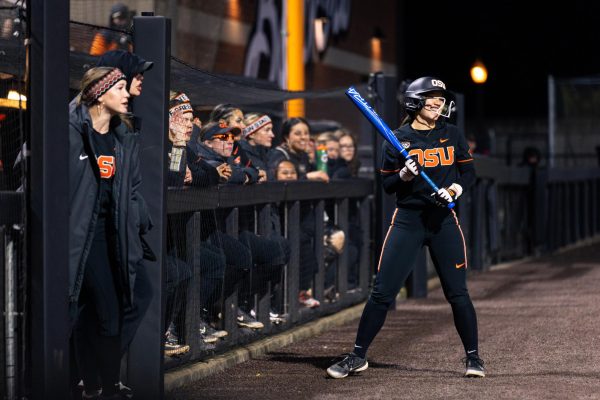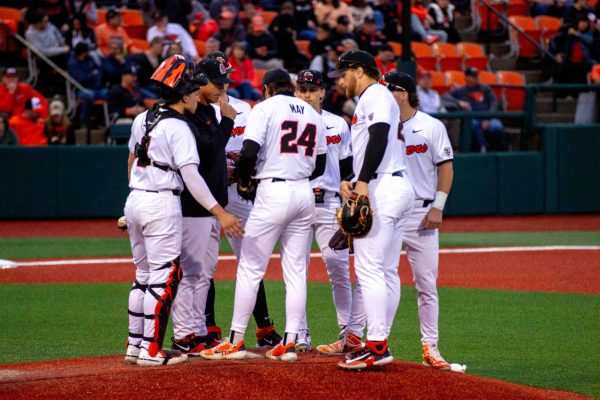International students give their perspective on Thanksgiving’s history, place in American culture
November 1, 2021
Thanksgiving is approaching and while the holiday is popular in the United States, it is not internationally celebrated so many Oregon State University international students hold unique opinions on its history.
In many school districts across the country, Thanksgiving is described as a day of peace when Indigenous people and settlers had a feast to celebrate a harvest and to look forward to the upcoming year. Today, the holiday is a day in which families gather and is often the only day each year that people see their loved ones.
However, the reality of Thanksgiving’s history, which consists of the colonization and genocide of Indigenous peoples, has led some international students to not support the holiday.
“Given the history of the holiday, if you put into perspective only the history—which I believe is the main perspective of this holiday—it should not be celebrated,” said Zaid Al Attar, a chemical engineering major from Iraq.
Alihan Baysal, a computer science major from Turkey, said he thinks it would be wise to now change the holiday of Thanksgiving.
“Knowing today that all of the Native Americans and Americans live together, they must be more respectful,” Baysal said.
Al Attar, however, hadn’t previously known about the history of Thanksgiving. The same was true of Yonus Alalyani, an electrical and computer engineering major at OSU.
“What I know about Thanksgiving is that it happens on the fourth Thursday of November every year,” Alalyani said. “People gather with their families at that time and they traditionally eat turkey, sweet potatoes, cornbread and mashed potatoes.”
For these students, the holiday of Thanksgiving was often equated with religious feasts from their home countries rather than Thanksgiving’s history.
“In Ramadan, we go to our elders’ houses and feast,” Baysal said. “All family members together—we only see certain family [members from] Ramadan to Ramadan [so] it makes family closer.”
Many cultures outside the U.S. have a holiday, or several holidays, that relates to some sort of feast, similar to the feasts held in celebration of Thanksgiving. The harvest—which is the season when crops are gathered from fields—is culturally significant worldwide because it represents successful food growth and security.
According to Al Attar, people’s lack of understanding and desire to learn more about Thanksgiving’s history shows how dark the U.S. has become as it tries to ignore its roots and past. He said that the nation needs to accept the realities of its past.
“[The U.S.] is trying to erase the history [of Thanksgiving],” Al Attar said. “[They] are trying to ignore the fact that this nation was built on savagery and it came to life by slaughter. It was built on slavery and genocide and ethnic cleansing.”
According to Al Attar, OSU currently doesn’t make any effort to teach international students the history of Thanksgiving. He said he wishes more OSU students were aware of Thanksgiving’s history and believes OSU should be doing more to keep students more informed.



